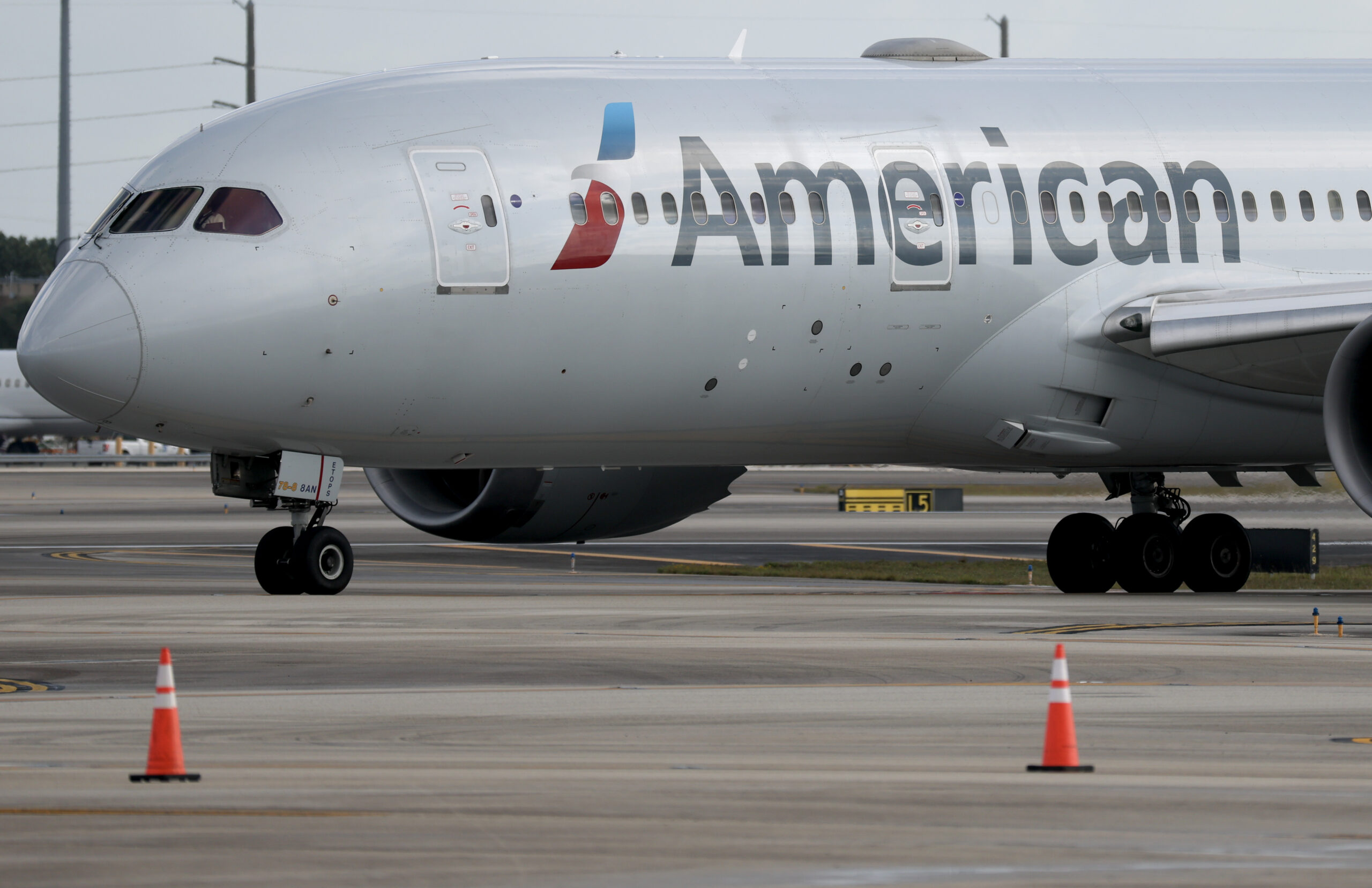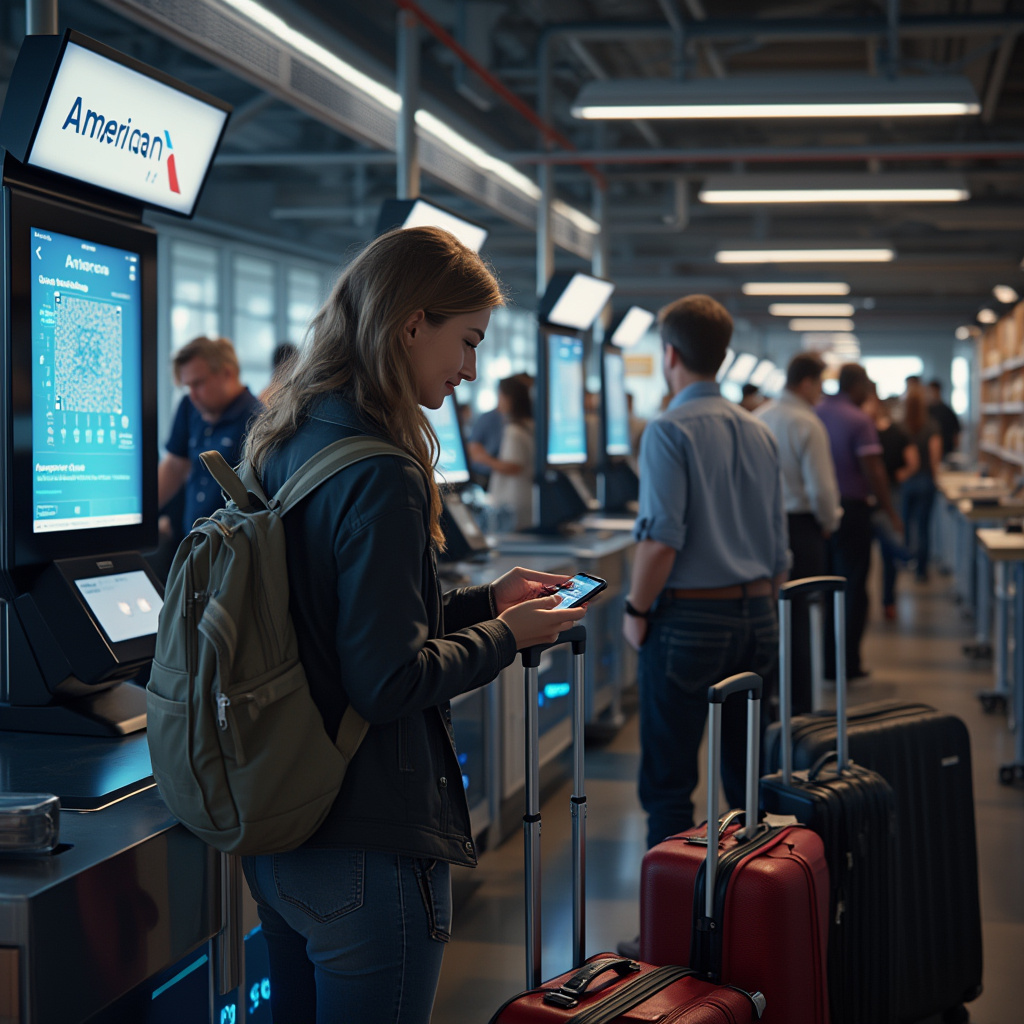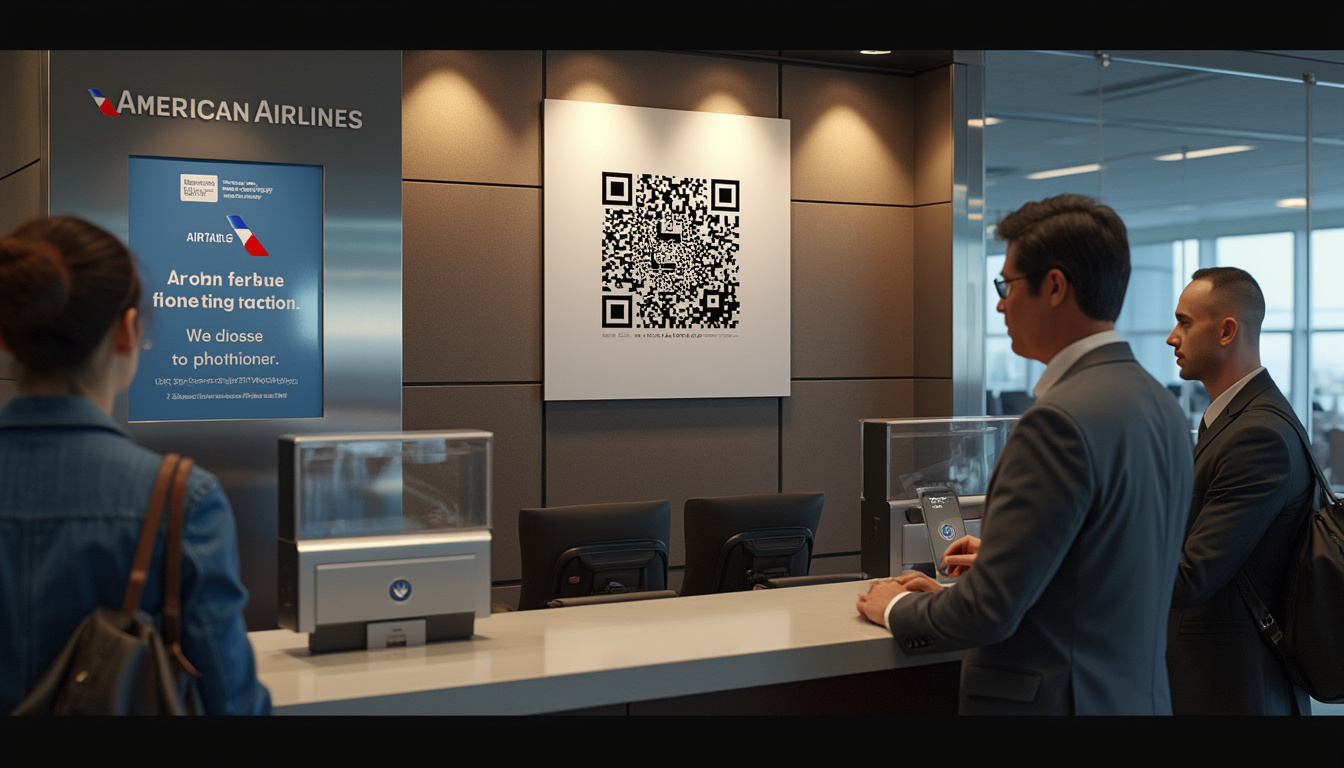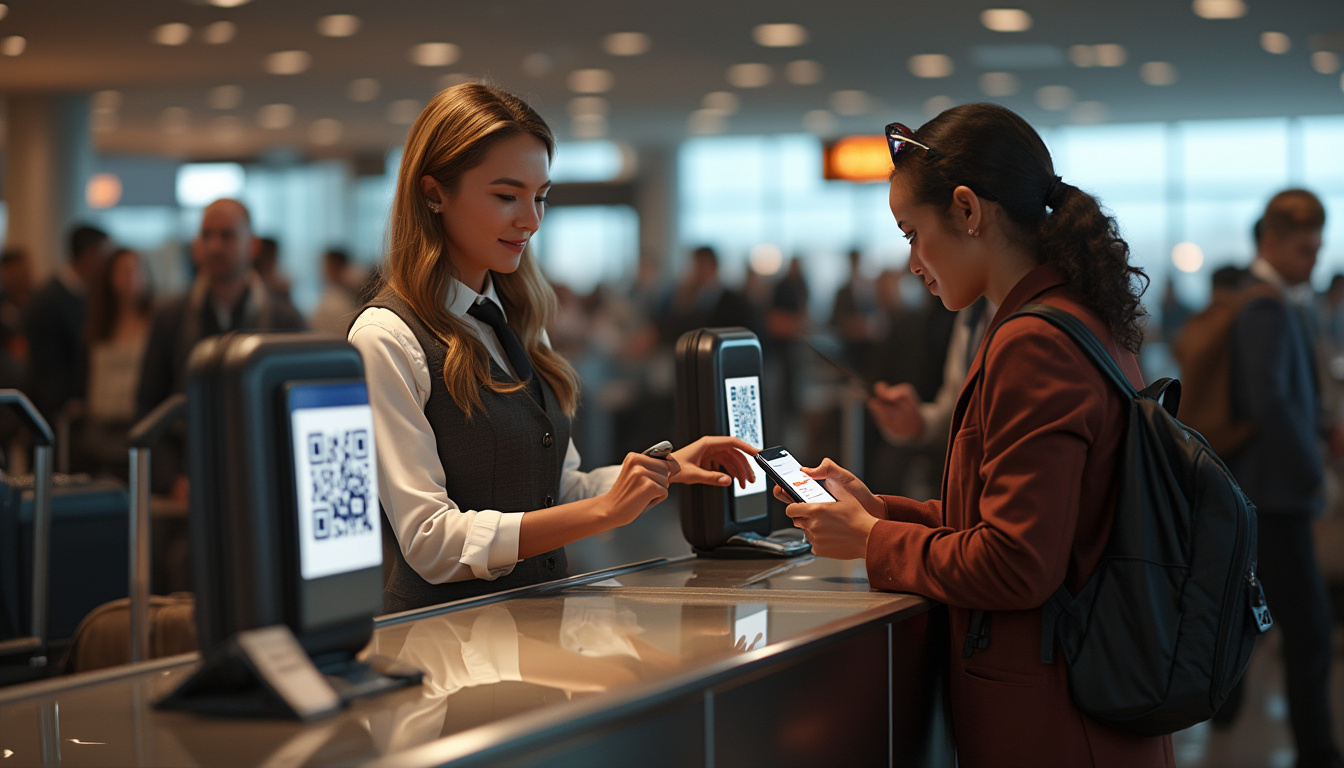
American Airlines has officially integrated Apple’s AirTag tracking service to help passengers locate misplaced luggage more efficiently. This move marks a significant step in leveraging consumer technology to enhance airline services and improve the passenger experience. The new system allows travelers to temporarily share their AirTag’s location with American Airlines when bags are lost. Here’s how it works: American Airlines is the last of the “Big 3” U.S. airlines (including Delta and United) to add support for this feature. The integration comes as part of a broader initiative by Apple, which announced last year that it was working with more than 15 airlines to integrate this service. This move is expected to help reduce the time passengers are separated from their luggage. American Airlines reports that less than 1% of bags are mishandled, and when issues do occur, most bags are reunited with their owners in just over a day. The adoption of this technology is particularly significant given that American Airlines has historically struggled with baggage handling. The airline mishandles more bags – and a greater percentage of bags – than any other U.S. airline, costing the carrier about $60 per bag or over $50 million per year. While this new feature offers improved tracking capabilities, it’s worth noting that AirTags only work when other Apple devices are nearby to relay the position. This means that updates may not be constant, especially when bags are in transit or in areas with few Apple devices. Overall, this integration represents a step forward in leveraging consumer technology to improve airline services and passenger experience. Apple’s initiative to integrate AirTag tracking with airlines is part of a larger effort to enhance baggage management across the aviation industry. Last year, Apple announced collaborations with over 15 airlines worldwide to implement this service, aiming to streamline the process of locating lost luggage. American Airlines, despite being the last among the “Big 3” U.S. carriers to adopt this feature, is now part of this growing list of airlines leveraging consumer technology to improve passenger experiences. Historically, American Airlines has faced significant challenges in baggage handling, mishandling more bags than any other U.S. airline. This issue has cost the carrier approximately $60 per mishandled bag, totaling over $50 million annually. The integration of AirTag tracking is a strategic move to address these issues and reduce the financial burden associated with lost luggage. While the AirTag system offers improved tracking capabilities, it’s important to note that its functionality relies on the presence of nearby Apple devices to relay the bag’s location. This means that in areas with limited Apple devices, such as certain airports or during transit, location updates may not be continuous. However, once the bag comes into proximity of an Apple device, the location will be updated in the Find My app, providing passengers with the most recent information available. Despite these limitations, the adoption of AirTag tracking by American Airlines signifies a positive shift toward leveraging consumer technology to solve real-world problems. By empowering passengers with greater visibility into the location of their baggage, the airline aims to reduce anxiety and improve overall satisfaction during travel. American Airlines’ integration of Apple’s AirTag tracking service marks a significant advancement in baggage management for the aviation industry. By enabling passengers to share their AirTag location with the airline, this feature addresses a long-standing issue of lost luggage, offering greater transparency and efficiency. While the system has some limitations, such as reliance on nearby Apple devices for location updates, it represents a positive step toward leveraging consumer technology to improve the passenger experience. As part of Apple’s broader initiative with over 15 airlines, this collaboration underscores the growing importance of technology in solving real-world travel challenges.
The Busiest US Airline Now Supports Apple’s AirTag Location Sharing

A Step Forward in Baggage Tracking

Conclusion
Frequently Asked Questions

 America’s Largest Airline Now Supports Apple AirTag Location Sharing for Seamless Travel
America’s Largest Airline Now Supports Apple AirTag Location Sharing for Seamless Travel
0 Comment